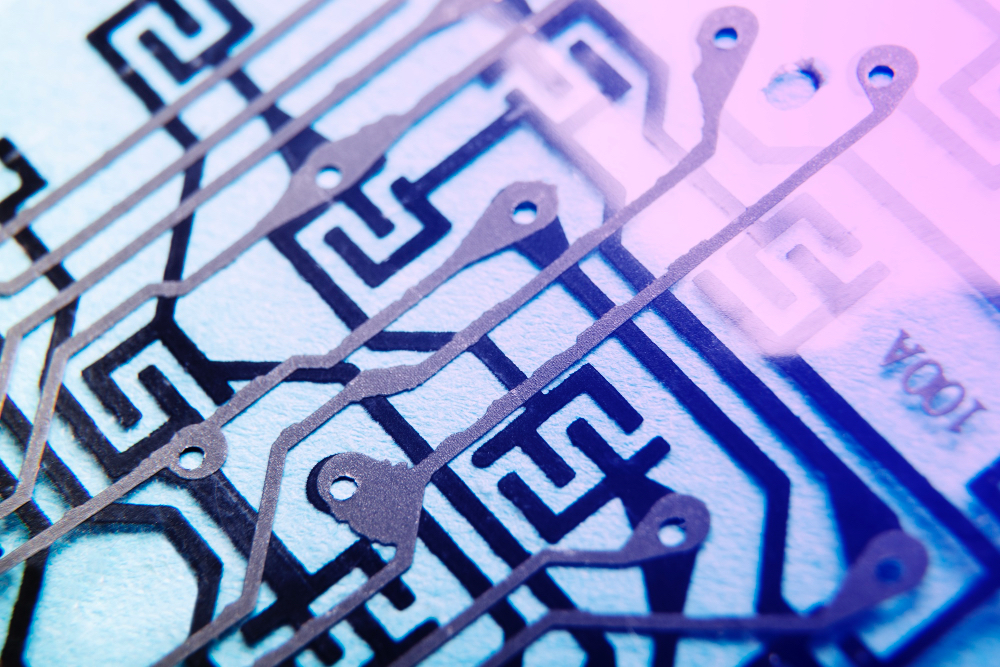A Chrome browser extension posing as an AI assistant has stolen OpenAI credentials from more than 10,000 users. Cybersecurity platform Obsidian identified the malicious software, known as H-Chat Assistant, which secretly harvested API keys and transmitted user data to hacker-controlled servers.
The extension, initially called ChatGPT Extension, appeared to function normally after users provided their OpenAI API keys. Analysts discovered that the theft occurred when users deleted chats or logged out, triggering the transmission of credentials via hardcoded Telegram bot credentials.
At least 459 unique API keys were exfiltrated to a Telegram channel months before they were discovered in January 2025.
Researchers believe the malicious activity began in July 2024 and continued undetected for months. Following disclosure to OpenAI on 13 January, the company revoked compromised API keys, though the extension reportedly remained available in the Chrome Web Store.
Security analysts identified 16 related extensions sharing the identical developer fingerprints, suggesting a coordinated campaign by a single threat actor.
LayerX Security consultant Natalie Zargarov warned that whilst current download numbers remain relatively low, AI-focused browser extensions could rapidly surge in popularity.
The malicious extensions exploit vulnerabilities in web-based authentication processes, creating, as researchers describe, a ‘materially expanded browser attack surface’ through deep integration with authenticated web applications.
Would you like to learn more about AI, tech and digital diplomacy? If so, ask our Diplo chatbot!










